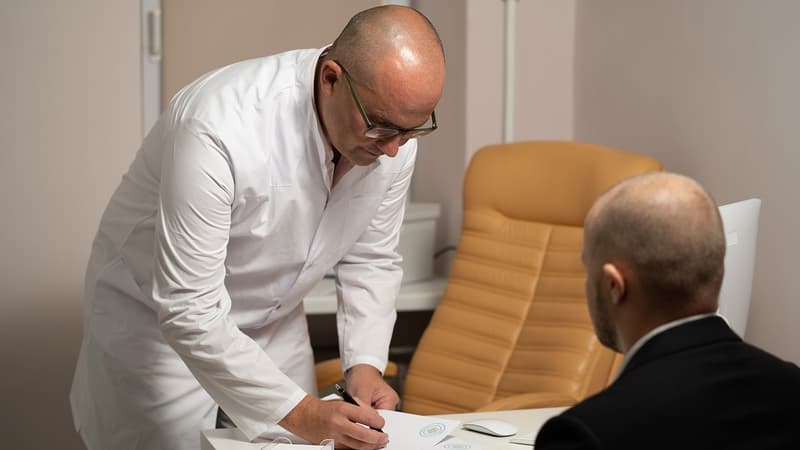Occupational health is increasingly fragile. The absenteeism rate at work rises again by 2024 to 5.1%, in an augmented light compared to the previous year, according to its last barometer of the WTW insurance corridor on private companies.
Specifically, it is above all the duration of the stops that tends to increase. The average duration of an stop was 24 days in 2024, against less than 21 days before the start of the Covid crisis. This period marked a clear inflection according to WTW.
“The increase in absenteeism does not depend on the activity sector and materializes in all services of a company,” continues the insurance brokerage company.
It stops more and more
In detail, this trend in elongated absences is explained by the continuous increase in stops for psychological causes (36% of the total).
However, these judgments “generate significantly more time than the other causes of absence,” says WTW.
Another remarkable education: increase in occupational accidents among people over and especially 60 years old. “This accidentology, which has constantly increased for five years, highlights the practical problems about the implementation of new work organizations and in the variation of tasks for this category of employees,” said the authors of this study.
A growing cost
In the end, the extension of labor strikes “complicates replacement management and increases direct and indirect costs for companies.” WTW estimates the cost of more than 120 billion euros per year for French companies.
Last year, Social Security paid 9.8 billion euros for daily compensation for illness (including 9.3 billion sick leaves of eight days or more), to which 1.4 billion expenses for derogatory stops should be added.
The paid amounts have increased by 28% since 2019, therefore, due to the increase in judgments, but also to demographic reasons due in particular to the aging of the population.
This increase is in view of the government and François Bayrou, looking for budget savings. Public authorities have recently taken measures to limit costs (hunting of abusive judgments, strengthening controls, lengthening of deficiency without coverage by the employer) and planning to take new ones.
However, “the actors in the world of work seem to offer solutions on the effects rather than in the causes,” says WTW.
*Study conducted in a panel of 1,952 companies, using 431,981 employees, observing the evolution of illness and ATPM license (work accident, travel accident and occupational disease) for 5 years).
Source: BFM TV


